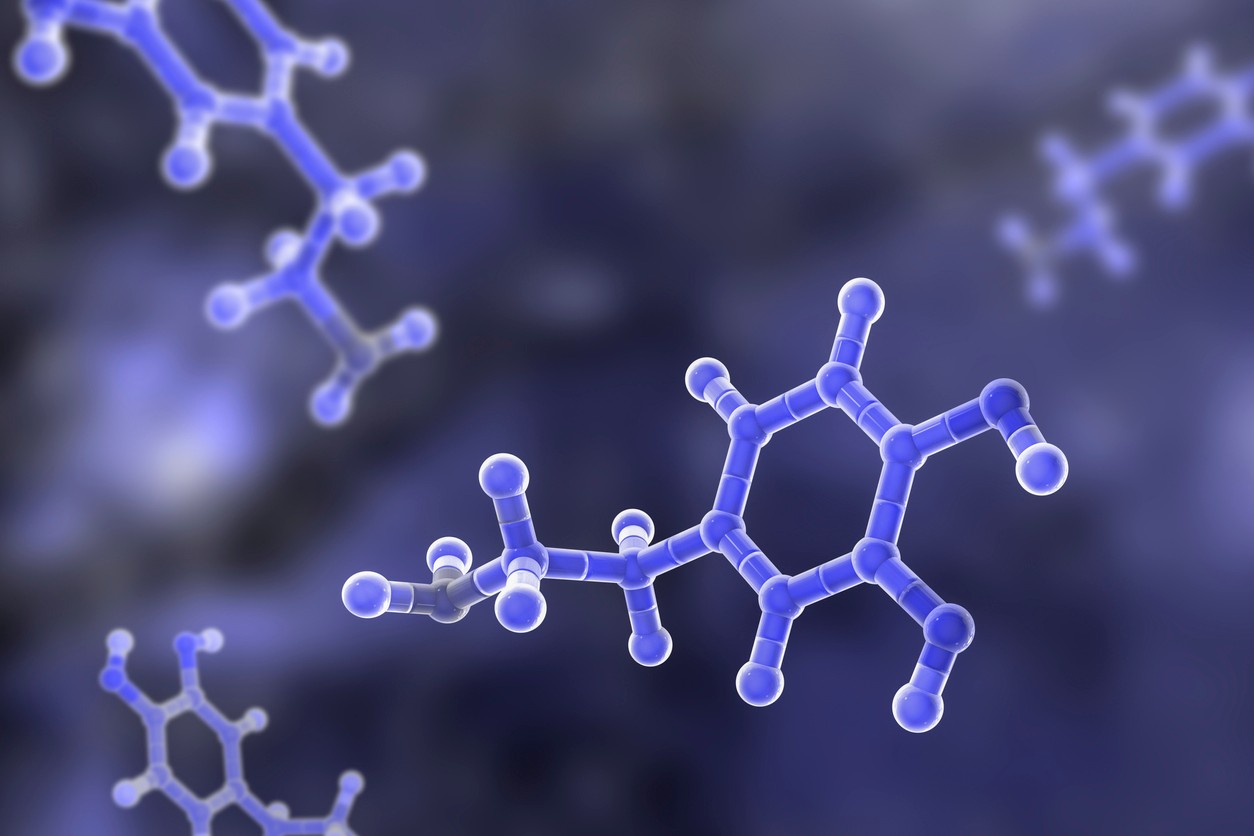
U.S. News: New form of levodopa might improve Parkinson's care
UC researcher presents trial results at national conference
Several national outlets, including U.S. News & World Report, highlighted new research from the University of Cincinnati's Alberto Espay.
Espay, MD, presented research at the American Academy of Neurology annual meeting that found an extended-release formulation of a Parkinson's drug could lead to more time where patients' symptoms are well managed.
Three doses of the new drug, called IPX203, was found to work slightly better at providing better "on time," or time where the medication is working and symptoms are lessened, compared to five doses of the standard formulation.
"If our brains aren’t making enough levodopa, then we have less of the dopamine that we need for movement and emotional regulation,” Espay told U.S. News. “Levodopa is to Parkinson’s what insulin is to diabetes. It’s actually replenishing something that the brain makes, but in these patients is making a little less than they need.
“This might well be used with five doses a day, and then this will be a marked improvement,” Espay continued. “Most patients really don't mind. What they're worried about is not how frequently they are taking it, but how much ‘off time’ they still may have. They don't want to have ‘off time’ regardless of how many times it takes for them to dose themselves.”
Read the U.S. News & World Report story, originally published on HealthDay.
Read additional coverage of the research on Neurology Live and MedicalResearch.com.
Espay also presented research on a subcutaneous delivery system for levodopa-carbidopa to treat Parkinson's at the conference.
Read the MedPage Today article on the research.
Read Neurology Live coverage of the research.
Featured photo at top of 3-D illustration of a dopamine molecule. Photo/Dr_Microbe/iStock.
Related Stories
'Paradigm-shifting' study confirms effectiveness of long-acting HIV treatment
February 26, 2026
The results of a clinical trial involving the University of Cincinnati, recently published in The New England Journal of Medicine, show people failing HIV treatments with oral medications were able to be treated successfully using injections.
How do horses whinny?
February 26, 2026
A horse makes the low-pitched part of its whinny by vibrating its vocal cords — similar to how humans speak and sing — and the high-pitched part by whistling with its voice box, according to a new paper published in the journal Current Biology and featured in Smithsonian magazine.
UC receives grant for AI use in medical education
February 26, 2026
The University of Cincinnati is turning to artificial intelligence to help solve a problem in medical training. The College of Medicine was awarded a grant valued at more than $1 million to use AI in advanced physician training through personalized learning.
